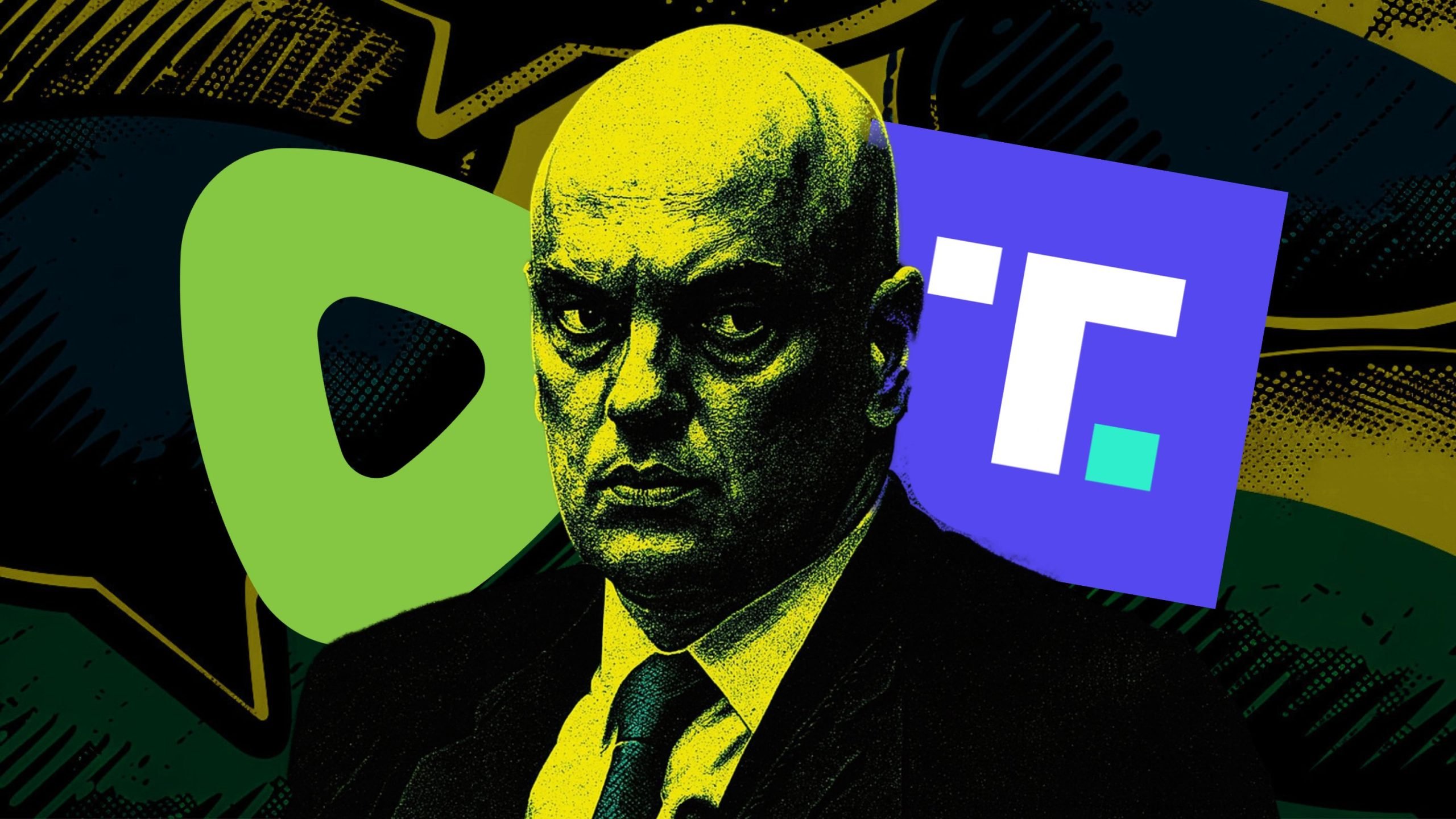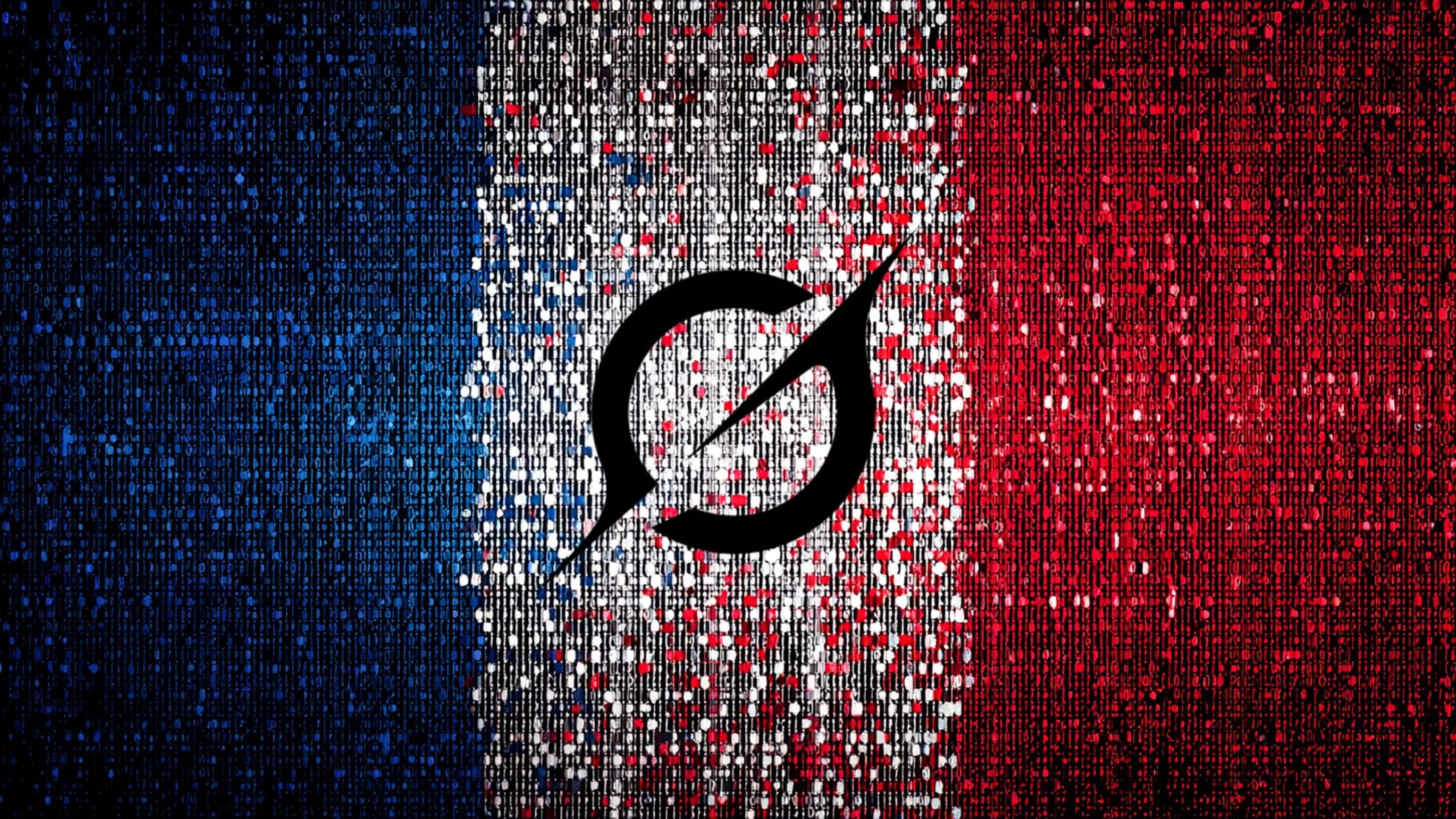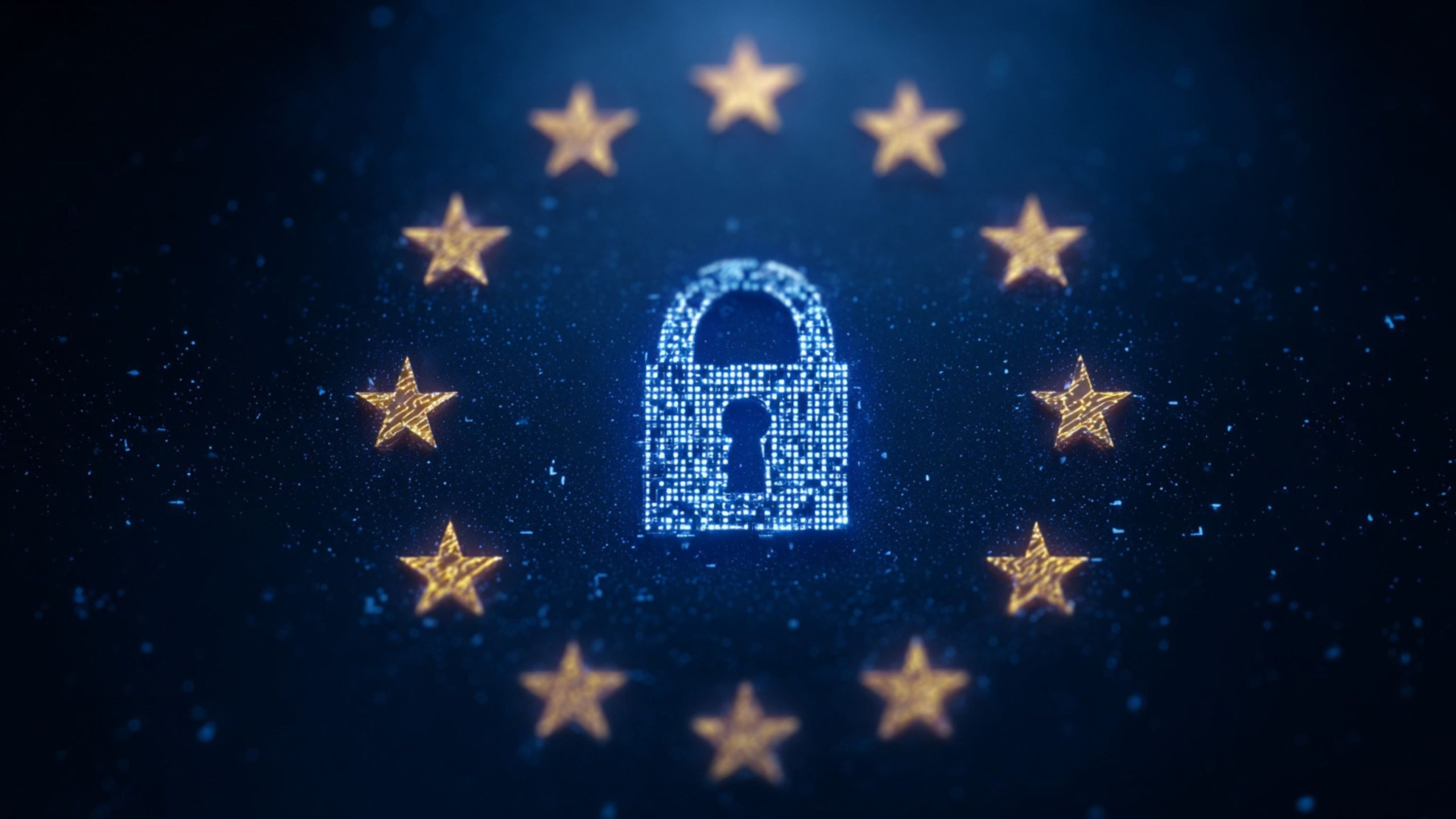
reclaimthenet.org
Rumble and Truth Social Fight Back After Another Censorship Demand From Brazil
If you're tired of censorship and dystopian threats against civil liberties, subscribe to Reclaim The Net.
Rumble and Truth Social have taken their fight against Brazil’s censorship to a Florida courtroom again, objecting to what they call an illegitimate and overreaching demand from Brazil’s Supreme Court.
The companies accuse Justice Alexandre de Moraes of yet again attempting to enforce Brazilian judicial authority beyond its borders, targeting US-based platforms and violating international norms.
Filed on Monday, July 14, the petition is a response to a new order issued two days earlier by Moraes.
We obtained a copy of the petition for you here.
That order commands Rumble to block an account connected to political commentator Rodrigo Constantino throughout Brazil and to surrender user data or face a fine of R$100,000 (around US$20,000) per day, starting that same evening.
The companies argue that the demand is both procedurally flawed and legally unenforceable.
Rather than being transmitted through established treaty mechanisms, the order was sent by email. Rumble and Truth Social contend this method is improper and strips the order of legal validity.
Constantino, now a US citizen, is entitled to privacy protections under American law, and the platforms maintain that sharing his data would breach those protections.
They also note that the account in question has been inactive since December 2023, and that their services have already been blocked in Brazil since February.
“Rumble [platform] does not intend to comply with the defendant’s demands because they are invalid and unenforceable,” the companies declared in the filing.
The timing of Moraes’ move has drawn attention, coming shortly after President Donald Trump announced a steep 50 percent tariff on Brazilian goods. The petition references this, raising questions about the political motives behind the judicial pressure.
“The July 11 order was issued just two days after President Donald J. Trump sent a formal letter to President Lula da Silva expressing concern about Brazil’s treatment of U.S. technology companies,” the document states.
Legal representatives for the platforms also highlighted a previous letter from the US Department of Justice, which indicated that any foreign order must be processed through the proper international legal channels. They pointed out that the Brazilian order “has not been delivered through any legal treaty mechanism and appears to have been issued without notification to the US government.”
This filing is not the first time Rumble and Truth Social have sought protection from the US court system. In February, they launched legal proceedings in Florida after Moraes targeted content from Brazilian commentator Allan dos Santos.
Rumble refused to comply, arguing the ruling attempted to enforce Brazilian censorship on a global scale. In retaliation, the platform was suspended in Brazil and hit with a daily fine of R$50,000.
By May, the companies escalated their complaint, calling for Moraes to be held civilly liable and seeking damages. In their filing, they described his rulings as “gag orders” and framed them as part of a wider campaign to silence dissent.
The most recent order has reignited concerns that Moraes is attempting to provoke a diplomatic confrontation.
According to individuals close to the case, the directive contradicts previous statements from Brazil’s Ministry of Justice, which claimed it aimed to preserve legal cooperation with the United States.
The platforms argue that not only does the directive fail to follow international legal protocols, but it also fundamentally violates US sovereignty and user privacy. As noted in the filing:
“The order was not served through any lawful treaty mechanism and appears to have been issued without notice to the US government.”
The account in question has shown no recent activity and has been inaccessible to Brazilian users since Rumble was blocked earlier this year by Moraes’ own decree.
“The account in question is dormant and has had no activity since December 2023.”
Despite that, the order demands compliance with a sweeping disclosure of private data. The companies allege that this reveals the true intent behind the ruling:
“The only remaining operative demand in the order is the compelled disclosure of US user data and the preservation of that data […] under threat of financial penalty, to a foreign court with no lawful jurisdiction pursuant to censorship orders sent by email.”
Rumble warns that complying would not only be a violation of its own standards but a breach of federal law:
“Any order forcing Rumble to ‘divulge user records or other information’ regarding users places Rumble in jeopardy of violating the Stored Communications Act, 18 U.S.C. §§ 2701–2713, and exposes Rumble to potential civil liability.”
The petition also highlights what is at stake; core political speech protected by the US Constitution:
“The account contains ideological, nonviolent speech about Brazilian public officials—with topics ranging from declining democracy in Brazil, the targeting of ordinary citizens, and how Brazil’s Supreme Court, political leadership, and major media institutions are working together to enable impunity—that lies at the heart of the First Amendment’s protections.”
The broader context includes the Brazilian Supreme Court’s continued scrutiny of the Marco Civil da Internet, a law that expands the liability of digital platforms.
These developments, coupled with President Trump’s recent tariff move and his letter accusing Brazil of censorship, have turned the situation into a high-profile international standoff.
If you're tired of censorship and dystopian threats against civil liberties, subscribe to Reclaim The Net.
The post Rumble and Truth Social Fight Back After Another Censorship Demand From Brazil appeared first on Reclaim The Net.














